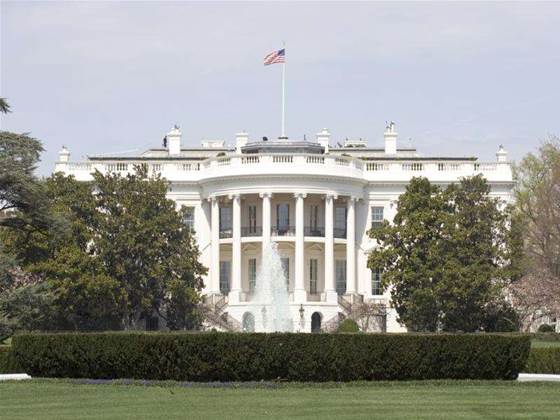US President Barack Obama prepared to release an independent panel's review of US intelligence practices on Wednesday in a prelude to announcing a broad set of new policy procedures aimed at reining in the National Security Agency.

Spurred into action by revelations of US surveillance by former spy agency contractor Edward Snowden, Obama will announce next month some constraints on the intelligence community to ensure American officials are focusing on foreign threats and not simply gathering information because they have the capability to do so.
The 300-page report of the outside advisory panel will provide an important window into Obama's thinking on how he plans to impose some restrictions on the National Security Agency. It includes 46 recommendations.
Obama met on Wednesday in the White House Situation Room with members of the advisory panel including Richard Clarke, a former counterterrorism adviser in the Clinton and Bush White Houses; Michael Morell, former deputy director of the CIA; and Peter Swire, who worked on technology issues in the Obama and Clinton administrations.
The group has recommended Obama change the NSA leadership from military to civilian, store the vast amount of data on phone calls collected by the agency at a third-party organisation, and use stricter standards for searching the data, the Wall Street Journal reported last week.
"We need to ensure that our intelligence resources are most effectively supporting our foreign policy and national security objectives and that we are more effectively weighing the risks and the rewards of our activities, and that includes ensuring that we are above all focused on the threats to the American people," said White House spokesman Jay Carney.
Obama is attempting to straddle a fine line between making sure information is gathered to head off potential threats, but at the same time respect privacy concerns. The NSA has had a sweeping ability to collect telephone records and Internet communications.
A steady drip of revelations from Snowden about the vast scope of NSA spying has raised widespread concern about the reach of such US operations with the ability to pry into the affairs of private individuals as well as the communications of foreign leaders.
Both Brazilian President Dilma Roussef and German Chancellor Angela Merkel have complained directly to Obama about reports of eavesdropping on their private communications.
Some of Obama's liberal supporters have also been troubled by the scope of US surveillance, a contributing factor to his low job approval rating, now hovering around 40 percent.
Obama said earlier this month in a television interview that he would be "proposing some self-restraint on the NSA" in reforms that the White House has said will be announced in January.
A federal judge ruled on Monday that the US government's gathering of Americans' phone records is likely unlawful, adding pressure on Obama to act.
And the president met for more than two hours on Tuesday to hear concerns firsthand from executives from companies like Apple, Google, Yahoo and Microsoft.
The executives explained why they do not want their technology used to spy on private citizens.


_(23).jpg&h=140&w=231&c=1&s=0)
.png&h=140&w=231&c=1&s=0)
_(20).jpg&h=140&w=231&c=1&s=0)
_(33).jpg&h=140&w=231&c=1&s=0)





 iTnews Executive Retreat - Security Leaders Edition
iTnews Executive Retreat - Security Leaders Edition
 iTnews Benchmark Awards 2026
iTnews Benchmark Awards 2026
 iTnews Cloud Covered Breakfast Summit
iTnews Cloud Covered Breakfast Summit
 The 2026 iAwards
The 2026 iAwards












_(1).jpg&h=140&w=231&c=1&s=0)



